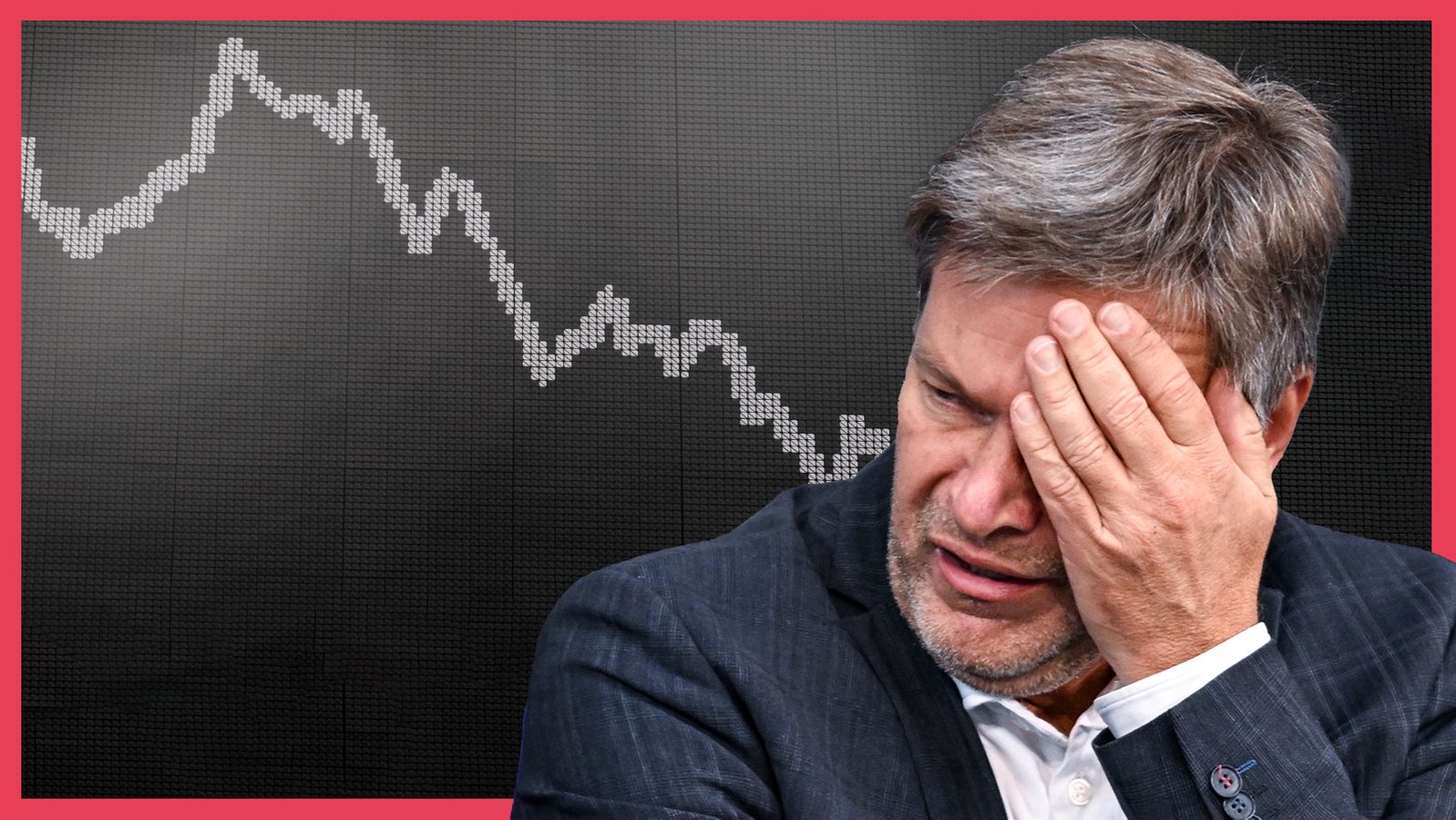Upswing after three crisis-ridden years? The July forecast of the International Monetary Fund (IMF) predicts negative economic growth for Germany in 2023 and has even revised the forecast from April downwards. In the IMF’s new growth outlook, the German economy is the only one of the 22 countries and regions examined in which gross domestic product is expected to fall by 0.3 percent in 2023.
But looking for the reason for this in current politics falls far short of the mark, according to the conclusions of three economic experts in the new “Possoch clarifies” video (video above, link below). The real problem of the German economy cannot be solved by quick and short-term solutions. It is important to strive for structural changes.
Germany’s dependence after the end of Russian gas supplies has led to an energy crisis in this country. A problem for the industrial nation of Germany, where the automotive, mechanical engineering, chemical and electrical industries are particularly energy-intensive.
Energy transition: double challenge for industry
The large industries in Germany are therefore faced with a double challenge: On the one hand, they currently have to shoulder the high energy prices and, on the other hand, they have to convert their production to climate-neutral energy sources if they want to avoid slipping back into an energy dependency relationship. Politicians must create framework conditions that do not become obstacles for the economy, say the economists.
In addition to the energy turnaround, Economics Veronika Grimm also mentions the reduction in bureaucracy and the digitization of administration as important parameters, but also makes it clear: “All these measures have in common that they do not relieve the burden immediately, but improve the future framework conditions and thus also the expectations that has a company that would then like to invest in Germany.” Because no company would now invest in Germany if there were only short-term aid. More important for this decision are attractive site conditions in the long term, according to Grimm in the BR24 interview.
Industrial electricity price: Important subsidy or short-term bogus solution?
Business associations, such as the Chemical Industry Association, have long been calling for an industrial electricity price, i.e. a lower electricity price for industry. However, Grimm sees the danger of too short-term growth “without actually consistently tackling the long-term problem of high energy costs.” The most important thing, says Grimm, is “not to set up any small, short-term measures now, but rather long-term structural measures.”
The economist Claudia Kemfert is even clearer in her criticism of the industrial electricity price: “It is ecologically and economically incorrect, enormously expensive, tends to cement past business models, does not help to save more energy, is also unfair and means that we cementing the old business models even further.” According to Kemfert, however, Germany should get away from these.
